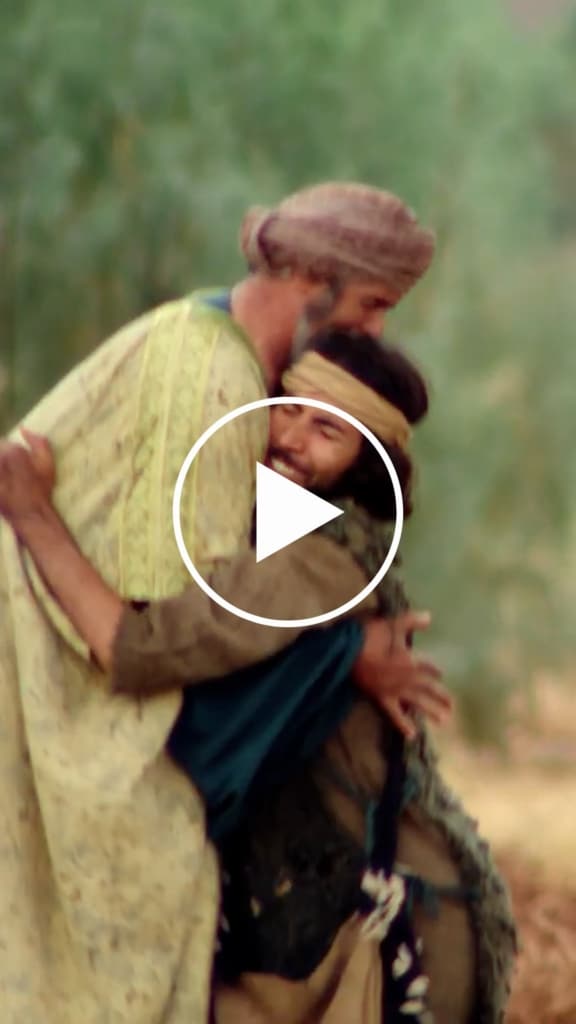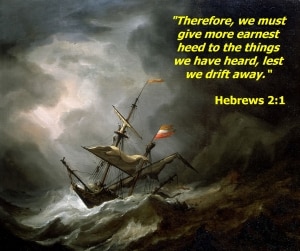The story of the prodigal son is the most popular, because the road of the prodigal is a picture of what every one of us does in self-will. We say to God, “Give me your gifts. Give me your grace, provide me with your plenty, and then I’ll go and live life my way.” And you know the amazing thing? The father had every right in the story of the prodigal to slap him down and refuse him. He could have taken his entire inheritance away. That was the most violent abuse of the inheritance law that you could have done. Ask your father, while he’s still alive, to give you the portion that’s coming to you now. That’s what the younger son did. He spit in his father’s face and he took the riches that his father gave him, and he set off down that path of self-will. And the path of self-will always ends up in the pigpen. And then it says he came to himself.
Have you ever had a come to yourself moment? We need to kill the giant of self-will. You ask yourself the question, why did I ever leave? And though we call the parable the parable of the Prodigal Son, it’s really the parable of the loving and gracious father.
The Parable of the Prodigal Son is really “The Parable of the Loving and Gracious Father.” That’s the real point. And as the father goes out of the house for the older son who stands there in his aloofness, and he feels rejected, and he feels like he’s been ill treated, and he refuses to enter in.
And remember that the lesson that Jesus is teaching in The Lost Sheep and The Lost Coin and The Lost Son is the love of the father to bring back that which is His. And he says, there’s great rejoicing in heaven over one sinner who repents. But who is He talking to? He’s talking to the Pharisees. And as He tells the story of how the father goes out to plead with his older son, “Please come in and join the festivities! It’s right that we should do this. Your brother was lost and he’s found he was dead. He’s alive.” You know what he’s really doing? The father pleading with the older son is Jesus pleading with those self-righteous Pharisees, pleading with them to see the rightness of the fact that He’s a friend of sinners, the rightness of the fact that He feasts with tax collectors and the sinners and the harlots.
And some of them got it.
These video vignettes were derived from the original lessons below. Check them out!
Gene Cunningham - February 13, 2000
Cross to the Crown #4
Scripture References: Romans 8:15, Hebrews 5:13-14, John 2:12, John 2:14, John 14:6, Hebrews 5:11-14, John 2:12-14, Galatians 6:1, John 1:9, Philippians 3:10-13, John 10:28-29, John 15:7-8
From Series: "The Cross to the Crown"
To get from 'the cross to the crown' we need to make decisions to live a life of spiritual dynamics using God's provisions -- His Word and Spirit. This series given in early 2006 before Gene moved back to the States outlines ten aspects of our discipleship.





